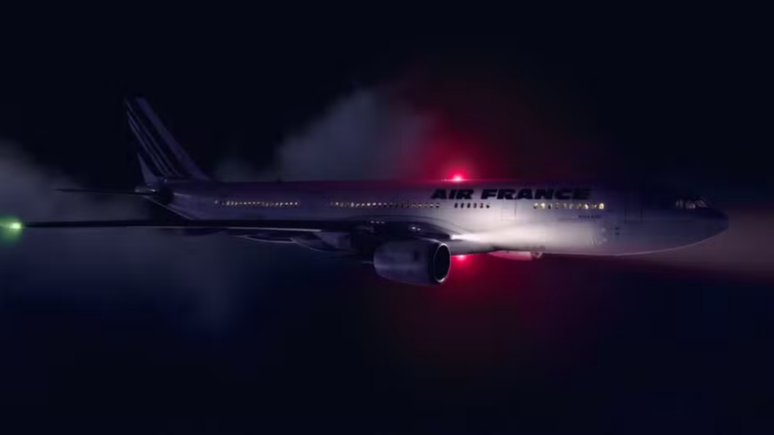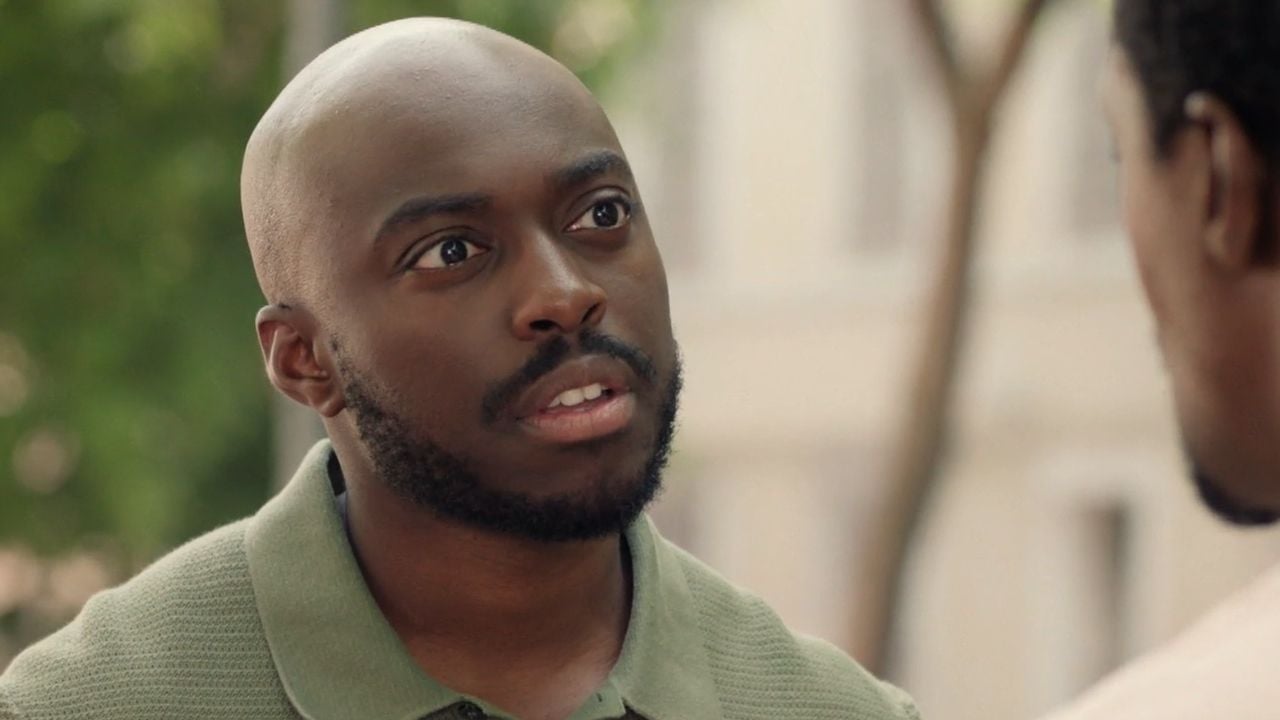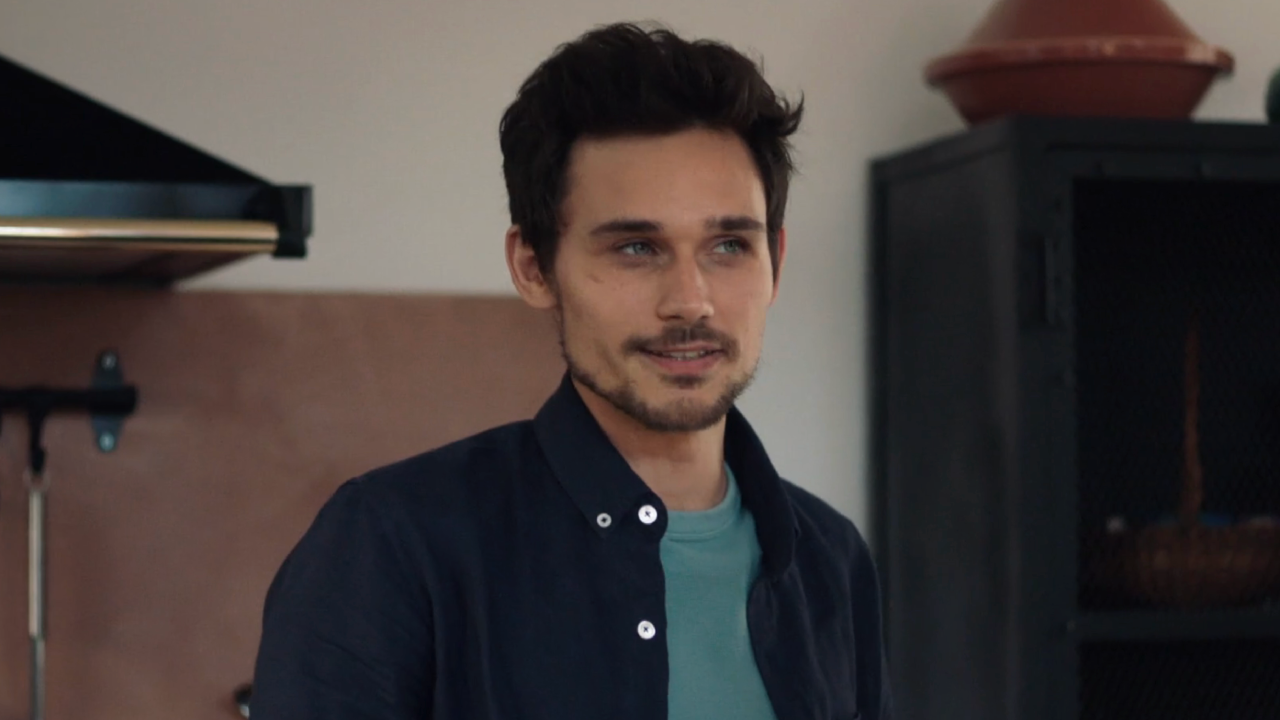The use of artificial intelligence instead of voice actors has raised discussion about the regulation of the technology and safeguards for professionals
Rio-Paris: the tragedy of flight 447 is a documentary miniseries made available in the Globoplay catalog on May 31st. The production tells the story of the Air France plane crash in 2009, but ended up attracting attention for another detail. The series chose to use artificial intelligence to voice the interviewees, forgoing professional voice actors.
- How to subscribe to Globoplay and what to watch for free
- Is artificial intelligence an ally or an enemy of Brazilian cinema?
The choice of production, handled by Rede Globo’s journalism department, sparked controversy on social media after the launch of the miniseries. The decision not to have dubbing studios translate and record the episodes’ voices was announced at the beginning of each of the four episodes.
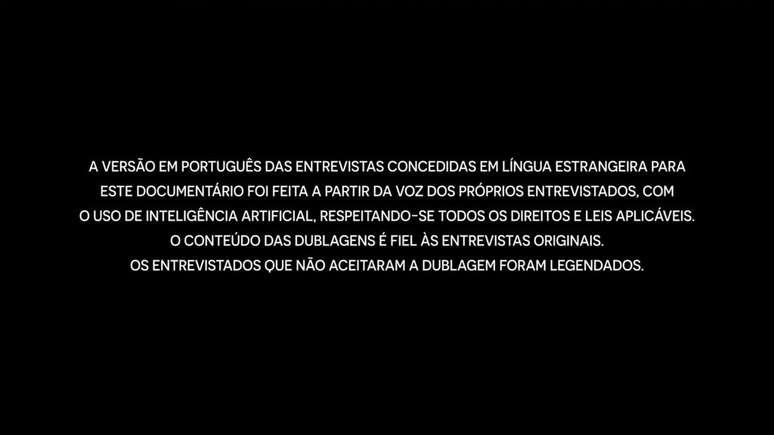
The warning before the chapters of the series served as fuel in the face of an already very heated debate. This is because Globoplay became one of the first streaming services in the world to adopt the streaming service technology in dubbing, ignoring both the category’s calls for the valorization of the profession and the debate itself on the limits of this replacement of human labor. And, obviously, this has been the subject of much discussion.
Devaluation of dubbing professionals?
The production’s choice was immediately highlighted by viewers and was the narrative surrounding the documentary, rather than the case represented in the episodes. Several viewers took to social media to criticize the Globo team for not using voice actors and choosing to use technology that, according to many, is of lower quality than live dubbing.
The launch of Rio-Paris: the tragedy of flight 447 has reignited the discussion around the use of artificial intelligence to the detriment of the work of professionals, which is raised not only in the field of dubbing, but in journalism, design and the arts in general.
Sensing the use of advanced dubbing technologies, Globoplay launches a documentary in which artificial intelligence provides the Portuguese voices of the participants. pic.twitter.com/uQabmLBBxs
— PAN (@forrumpandlr) June 1, 2024
In January, the live dubbing movementwhich brings together industry professionals, including voice actors and actresses, directors, translators and mixers, who ask for the regulation of the use of these technologies to guarantee the work of thousands of professionals in Brazil.
The movement is the national version of the international petition created by United Voice Artists, which has already collected more than 120 thousand signatures. Dublagem Viva argues that artificial intelligence should not be used to reproduce the voices of actors in other languages in Portuguese for the purpose of replacing voice actors. Companies like Crunchyroll, Sony and others have already committed to including AI protection clauses in their contracts.
Streaming @globoplay has just released a documentary with dubbing carried out by generative artificial intelligence.
Do you want to understand why this is a setback and how you, as part of the public, are being harmed in the process?
The result is the Portuguese language in its Brazilian variant… pic.twitter.com/P5jmjn0RW3
— Dublagem Viva (@DublagemViva) June 1, 2024
The documentary Rio-Paris: the tragedy of flight 447 fits into a loophole in this request, as it does not use the voices of the international voice actors to be translated by AI, but rather those of the documentary’s interviewees themselves. Contacted by FreeGameGuide, Globoplay confirmed that it has kept the commitment made with some companies by not using the voice of these professionals in artificial intelligence processes or training. See the full note:
Globo has always been at the forefront of technological innovation and has been no different with the adoption of artificial intelligence. Even before the available tools are applied by the market, we carry out tests and develop internal solutions that are tested and used above all to support talent, production processes and accessibility. As in our other activities, always ethically, with transparency, seeking quality and respecting the issue of rights. This is what happened, for example, in Rio-Paris: We have honored our commitments to some dubbing companies not to use their voice actors’ voices through AI processes or for AI training.
However, according to the Dublagem Viva movement, this gap concerns both the quality of the material and the consumer’s pocket. “Even using the original voices as a basis, we have a low quality product, with the melody and rhythm of another language,” explains the group in a post on their social networks. “Moreover, the lower production costs of this dubbing are not passed on to the subscriber, who continues to pay a high monthly fee to consume an increasingly worse product.”
The group’s estimate is that, with Rio-Paris, around 50 dubbing-related professionals have been left without jobs, directly or indirectly. “Imagine if all the distributors, streaming and will the producers decide to do it from now on? “, says the text.
What is the Rio-Paris documentary about?
Even if his dubbing occupied all the discussion on the production of the miniseries Rio-Paris: the tragedy of flight 447 deals with the accident that occurred on May 31, 2009, which killed 228 people.
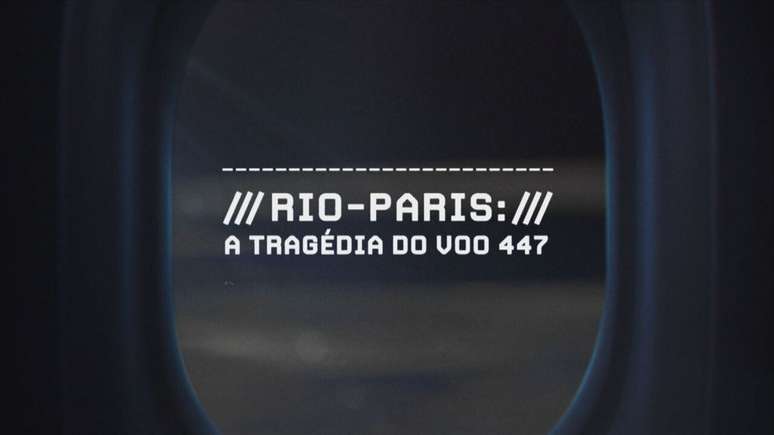
With four episodes, the documentary collects the testimonies of the victims’ families, technicians, aviation experts and journalists who participated in the coverage of the accident and shows the changes in aviation safety protocols that occurred after the tragedy.
Rio-Paris: the tragedy of flight 447 is available in full on Globoplay.
Trends on Canaltech:
- Globoplay will have a 92% increase in the annual plan with Disney+
- Positivo acquires Algar Tech to become a “one-stop shop for technology”
- Anatel launches a free online tool to compare operator offers
- The 50 funniest Google Assistant jokes
- The 20 best horror films of the new generation
- ‘Bizarre’ water could explain the magnetic fields of Uranus and Neptune
Source: Terra
Rose James is a Gossipify movie and series reviewer known for her in-depth analysis and unique perspective on the latest releases. With a background in film studies, she provides engaging and informative reviews, and keeps readers up to date with industry trends and emerging talents.

